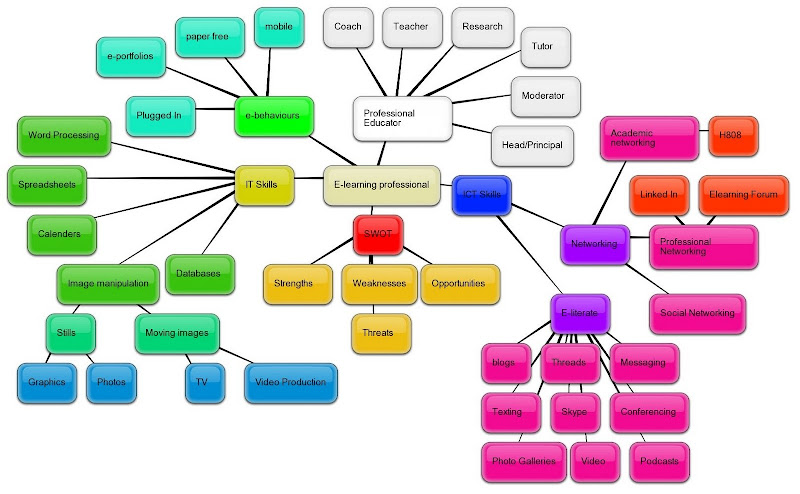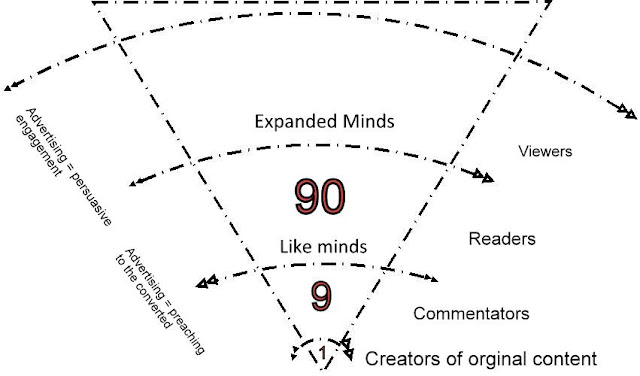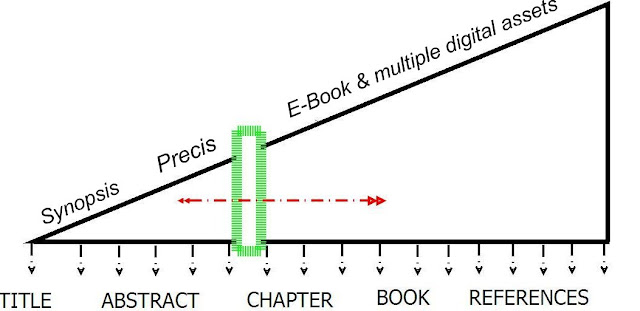Home » Posts tagged 'language'
Tag Archives: language
100 Novels – personally recommended
100 Books (mostly FICTION)
The non-fiction choice, Book 101, is ‘The magnificent Mrs Tennant by David Waller’.
Having kept a diary since my early teens in which I recorded what I was reading (including school text books), I have an extraordinary insight into what was being put in front of my mind. What I find remarkable is how, if courtesty of the Internet and Ebay I dig out these books how quickly my mind can pick up where it left off 30+ years ago. This ‘window’ is a short one, at this level. In a few years I abandoned the set format of the ‘Five Year Diary’ with its specific pages to complete. On the other hand, are there not blog and social media platforms that go out of their way to encourage you to reveal something of yourself through what you read, watch and do?
This list is fluid and understandably incomplete. I have not put in Dan Brown’s ‘Da Vinci’ for example, as I feel it would have to come with a caveat – I read it to find out what the fuss was about. I felt as if I’d been made to play a game of snakes and ladders through an alternative and ridiculous world. It may also have put me off ever believing I could compete as a commercial author if this is what it requires. My excuse might be quaified by the French Movie Director Francois Truffaut who argued that you had to read everything, especially the ‘trash mags’ – indeed, the trashier the book the easier it is to turn into a film?
What attracts us to lists?
I should create a list of the books I’ve tried to read but could not: Ulysseys, War and Peace, Enid Blyton … any other Dan Brown! (Actually, Michael Crichton, even Stephen King, can be as daft and crass).
I see too there are still a few non-fiction works in here; I’ll filter these out in due course as I build my 100 Non-Fiction list.
I am also electing to leave out books that had to be read at school, so I ought not to have Thomas Hardy, T S Elliot or Shakespeare. Nor do I include a book if all I’ve done is see the film, which is how I suspect the ‘popular’ lists compiled by the likes of the BBC are created.
As an exercise, you make a list and immediately start to change it, indeed, I’ve just thought of a very important piece of ficton I read based on recommendation; these often turn out to be the best reads, from people who know you. All my reading of Haruki Murakimi is the product of being part of a writer’s group for a while.
As I edit I will be seeking to keep books in that matter to me, that I could discuss and defend and that I’d like others to read.
Some choices are informed by a friend who read English at Oxford; others from the Guardian’s ‘Thousands Books’ you must read before you die, which, where the library could supply them I would follow, though often having to read something else by the same author (or getting distracted by something else on the shelf).
I will also extract children’s books, those I recall reading as a child, but also those I have read to my children.
Now I’m starting to sound like a bookstore 😦
1 Norwegian Wood – Haruki Murakami
2 The Lord of the Rings – JRR Tolkien
3 Tropic of Cancer – Henry Miller
4 Foundation Series – Isaac Asimov
5 Remembrance of Things Past – Marcel Proust
6 Tides of War – Steven Pressfield
7 Gates of War – Steven Pressfield
8 Nineteen Eighty Four – George Orwell
9 Return to Arms – Ernest Hemmingway
10 Fatherland – Robert Harris
11 The Naked and the Dead – Norman Mailer
12 Harlot’s Ghost – Norman Mailer
13 The Executioner’s Song – Norman Mailer
14 Engelby – Sebastian Faulk
15 The Birds and other stories – Daphne Du Maurrier
16 Sunset Song – Lewis Grassick Gibbon
17 Birdsong – Sebastian Faulk
18 Regeneration Series – Pat Barker
19 The Time Traveller’s Wife – Audrey Niffenegger
20 Life Drawing – Pat Barker
21 One Day in the life of Ivan Denisovitch – Alexandr Solzhenitsyn
22 The Great Gatsby – F Scott Fitzgerald
23 The Gulgag Archipelago- Alexandr Solzhenitsyn
24 War and Peace – Leo Tolstoy
25 The Hitch Hiker’s Guide to the Galaxy – Douglas Adams
26 Fathers and Sons – Ivan Turgenev
27 Crime and Punishment – Fyodor Dostoyevsky
28 Dirk Gently’s Holistic Detective Agency – Douglas Adams
29 Vox – Nicholas Baker
30 The Decameron – Giovanni Boccaccio
31 How the Dead Live – Will Self
32 Time Enough for Love – Robert Heinlein
33 Chronicles of Narnia – CS Lewis
34 The Foundation of Paradise – Arthur.C.Clarke
35 Enigma – Robert Harris
36 The Ghost – Robert Harris
37 Pompeii – Robert Harris
38 Captain Corelli’s Mandolin – Louis De Bernieres
39 Orlando – Virginia Woolf
40 Girl in a Coma – Douglas Coupland
41 Animal Farm – George Orwell
42 The Space Trilogy series – C .S.Lewis
43 One Hundred Years of Solitude – Gabriel Garcia Marquez
44 All Quiet on the Western Front – Erich Maria Remarque
45 A Room of One’s Own – Virginia Woolf
46 The Wind-up Bird Chronicles – Haruki Murakami
47 Far From The Madding Crowd – Thomas Hardy
48 The Corrections – Jonathan Franzen
49 Lord of the Flies – William Golding
50 Atonement – Ian McEwan
51 The Time Machine – H.G.Wells
52The War of the Worlds – H.G.Wells
53 The Invisible Man – H.G.Wells
54 Tono-Bungay – H.G.Wells
55 The Last Kingdom – Bernard Cornwell
56 The Lords of the North – Bernard Cornwell
57 The Island – Victoria Hislop
58 Brave New World – Aldous Huxley
59 The Curious Incident of the Dog in the Night-time – Mark Haddon
60 The Lost Continent. Travels in small town America – Bill Bryson
61 Mother Tongue – Bill Bryson
62 Lolita – Vladimir Nabokov
63 The Secret History – Donna Tartt
64 The Portrait of the Artist as a Young Man – James Joyce
65 Decline and Fall – Evelyn Waugh
66 Tropic of Capricorn – Henry Miller
67 Sexus, Plexus & Nexus – Henry Miller
68 Quiet Days in Clichy – Henry Miller
69 The Crimson Petal and The White – Michel Faber
70 Moby Dick – Herman Melville
71 Under a Glass Bell – Anais Nin
72 House of Incest – Anais Nin
73 The Diary of Anais Nin (7 volumes) – Anais Nin
74 Notes From A Small Island – Bill Bryson.
75 Boy – Roald Dahl
76 The Hungry Caterpillar – Eric Carle
77 State of Fear – Michael Crichton
78 The Last Juror – John Grisham
79 A Painted House – John Grisham
80 The Testament – John Grisham
81 A Time to Kill – John Grisham
82 Duma Key – Stephen King
83 Wolf Hall – Hilary Mantel
84 Stranger in Strange Land – Robert Heinlein
85 Going Solo – Roald Dahl
86 Crash – J.G.Ballard
87 Timeline – Stephen King
88 Super-Cannes – J.G.Ballard
89 Atomised – Michel Houellbecq
90 Platform – Michel Houellbecq
91 Heart of Darkness – Joseph Conrad
92 Steve Jobs: The Authorised Biography – Walter Isaacson
93 The Unbearable Lightness of Being – Milan Kundera
94 Watership Down – Richard Adams
95 Macbeth – William Shakespeare
96 I, Claudius – Robert Graves
97 Foucault’s Pendulum – Umberto Eco
98 Hamlet – William Shakespeare
99 Charlie and the Chocolate Factory – Roald Dahl.
100 Where the Wild Things Are – Maurice Sandak
Serendipity – best behaviour for a fruitful online experience in a word
MAODE H800 wk23 Activity 2 Stepping over the edge
‘A key characteristic of these new technologies is “learning by doing” – users need to be immersed in and “play with” the affordances that these new digital environments offer, and hence over time get a sense of how they can change practice.’ Conole (20xx:403)
Whilst I may highlight and annotate, doing so on paper isn’t the easiest way to share; using a screen reader is worse because I find myself not enjoying having the obvious affordances, such as cut and paste, disabled.
I have an iPad to learn from it and to share what I discover. It is both the angle and the devil on my shoulder. Does it super-size my mind? It thrills and engages it, indulges and expands, but also risks loosing me in its labyrinthine tangles. Saved for now by a To Do list that I refresh and follow.
But then I find an idea from Conole (see above) that is key. The internet is a trip to the sea, it is somewhere to play and discover. We may require Lifeguards and laneropes but it remains largely an environment that can only be understood through engagement. You will get your face wet, you may get bitten by a crab.
To share this thinking I must go online, and cannot help myself.
For the last three months I click through Linkedin, reading and responding. For the next three it may be Stumbleupon, which through tricks and traits I find increasingly insightful, feeding me like a favourite aunt or uncle , the weirdness of the http://www.
Serendipity would be a better word for it.
I am rewarded by 25 minutes of browsing with ‘new finds’ that becomes stuff that I recommend which in turn obliges me to update my profile, might I even say ‘brand tag’ the finds as ‘mymindbursts’.
(I need two days off to take stock and write up some ten ore more blog entries. Draft I know will do, from my experience as a diarist, just enough to trigger a more expansive and reflecive entry)”.
To remind myself:
Monday 11th Livestream on Social Media Metrics from IET. Five presenters. All to write up from my notes and screengrabs, cushioned or suffocated by the ‘official’ word and slides that have since gone up.
Tuesday 12th Picklejar Social Media for HE in which Tracy Payle shares insights from a number of Universites and through activities tips my thinking upside down and shakes it out onto the conference room table. I come away enlightened and as I had wanted, more confident if mot emboldened.
Thursday 20th Faculty discussion on VLE and my experiences of The OU VLE to date. I take a look at the poster in the Post Room and discover a ‘common room’ I had been unaware of.
The History of English in Ten minutes Reviewed
The story so far:
- 250,000 on YouTube views
- 25,000 on iTunes
Picked up by News Week in the US sent ‘History of English’ higher especially as it is so easily picked up by blogs.
The view is that he hasn’t gone viral yet.
I asked via Twitter during a livestreamed conference this morning if the response in the US was important to make the series viral. I learned that:
- 70% of our user base is not in UK.
- Half of that is likely to be in the US.
Four of the videos are currently featured on the main YouTube home page under ‘Recommended by You’ and ‘Shakespeare’ is currently the top download on iTunes U.
Eight of the current Top Ten downloads on iTunes U are from the History of English collection
On News sites
The Guardian Guide/Technology
‘What We Learned on The Web This Week’
The Washington Post
Educational sites:
‘The best free cultural and educational media on the web’
Also tweeted it -and resulted in 134 retweets
The book is dead, so is the e-book, long live conversation
We’re discussing Web 1.0 and Web 2.0 only because formal academic research takes so long and nothing will change a module within 7 years of it being written.
Weller talking last week is a world beyond Weller of the MAODE, yet systems aren’t in place to adapt responsively, and contact between tutors or profs and keen students is discouraged.
We’ll get this new book this year yet it is out of date already.
We have to move on from the book as a constriction in the stream of knowledge to a living, pre-print vibrant thing.





